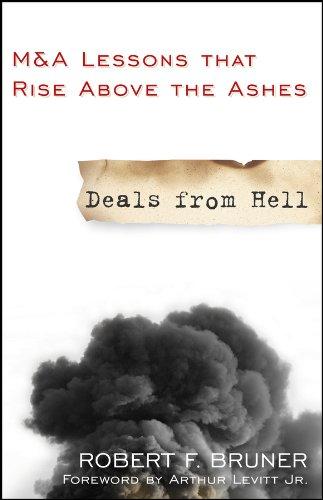Question
Jane has been offered a choice between two portfolios of financial assets. Each portfolio is made up of shares in only two companies. The First
Jane has been offered a choice between two portfolios of financial assets. Each portfolio is made up of shares in only two companies. The First portfolio consists of shares in company A and company B, both weighted equally. The second portfolio consists of shares in company C and company D, both weighted equally. Jane is told that the expected value of the returns of the two portfolios is exactly the same. So the choice between the two portfolios will depend solely upon whether one is more risky than the other. Jane has been told that the variance of returns for company A is the same as that for company C and that the variance of returns for company B is the same as that for company D. Jane has also been told that returns for company A and for company B are perfectly and negatively correlated (Correlation AB = 1 in this case) while the returns for company C and for company D are perfectly and positively correlated (Correlation CD = 1 in this case). If Jane is risk averse (ie, prefers less risk to more risk), is it possible to tell which portfolio will she choose? Why or why not?
Step by Step Solution
There are 3 Steps involved in it
Step: 1

Get Instant Access to Expert-Tailored Solutions
See step-by-step solutions with expert insights and AI powered tools for academic success
Step: 2

Step: 3

Ace Your Homework with AI
Get the answers you need in no time with our AI-driven, step-by-step assistance
Get Started


